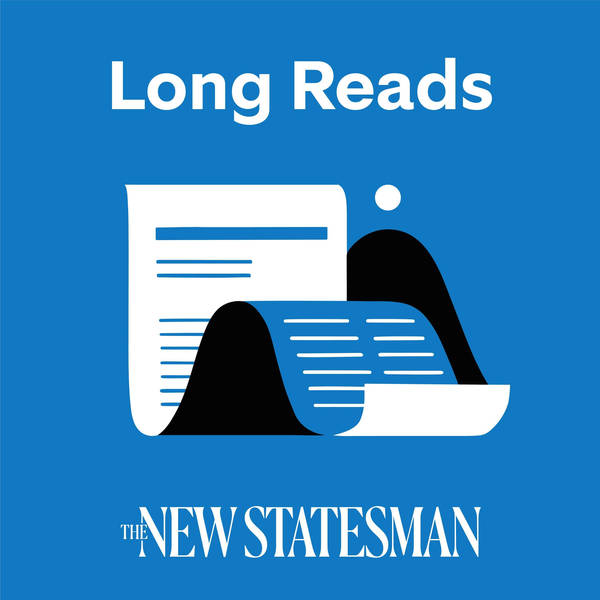
In defence of counterfactual history | Audio Long Read
What if the rush to war in 1914 had been averted? What if the Berlin Crisis of 1961 had led to nuclear war? What if the liberal revolution of 1848 had been successful? A new exhibition in Berlin considers a series of momentous what-ifs, an intriguing addition to the canon of counterfactual history. In this week’s long read, the New Statesman’s contributing writer Jeremy Cliffe assesses the value of such rival realities, as explored in fiction and, increasingly, on social media platforms and alt-fic online communities. In contemporary British politics, the tumult of the past decade has inspired a new cottage industry of counterfactual histories.
Often derided as pure speculation, Cliffe makes the case for their usefulness and, from his home in Berlin, reflects on the city’s many ghosts. “History is about facts,” he writes. “But those facts include intentions, imagined futures and visions that shape actual events even when – much more often than not – they never come to pass.”
Written by Jeremy Cliffe and read by Chris Stone.
This article originally appeared in the 28 July-17 August summer issue of the New Statesman. You can read the text version here.
If you enjoyed listening to this episode, you might also enjoy Thomas Mann, German identity and the romantic allure of Russia, by Jeremy Cliffe.
Listen to all our Audio Long Reads here
https://podfollow.com/audio-long-reads-new-statesman
Download the New Statesman app:
iOS: https://apps.apple.com/gb/app/new-statesman-magazine/id610498525
Android: https://play.google.com/store/apps/details?id=com.progressivemediagroup.newstatesman&hl=en_GB&gl=US
Subscribe to the New Statesman from £1 per week:
https://newstatesman.com/podcastoffer
Sign up to our weekly Saturday Read email
https://saturdayread.substack.com/
Hosted on Acast. See acast.com/privacy for more information.
